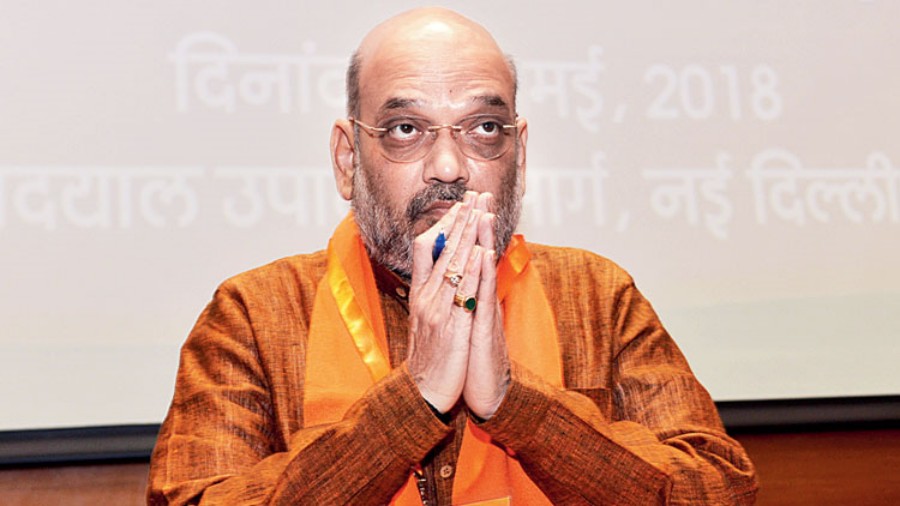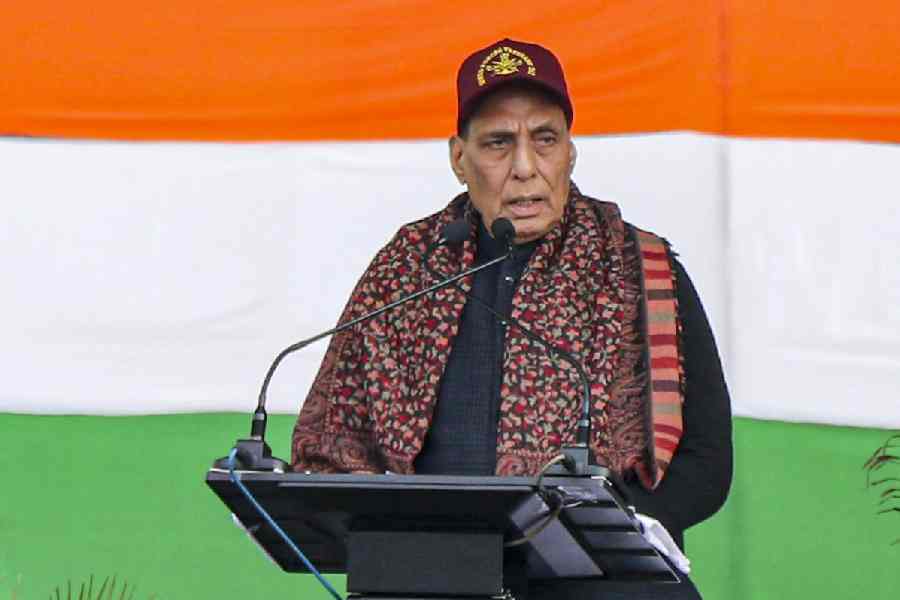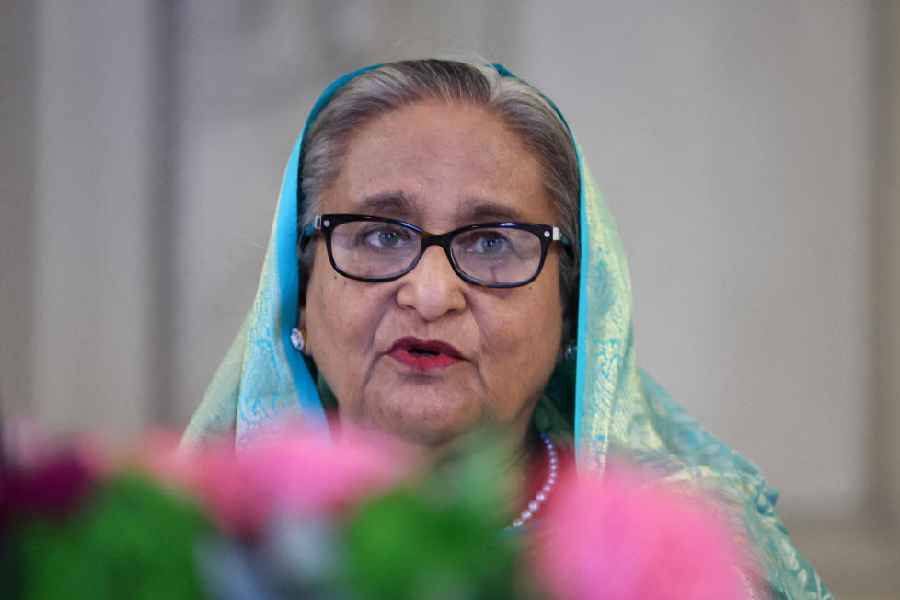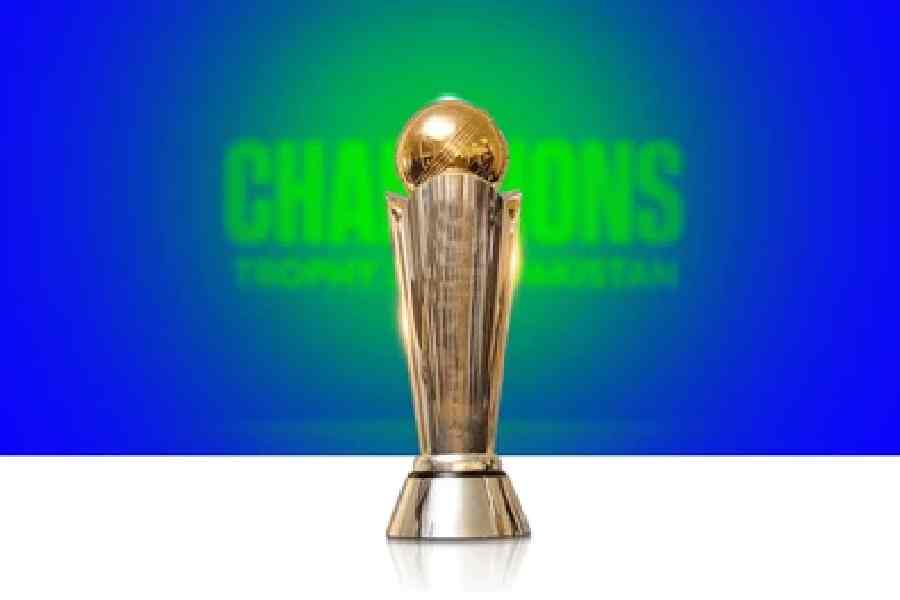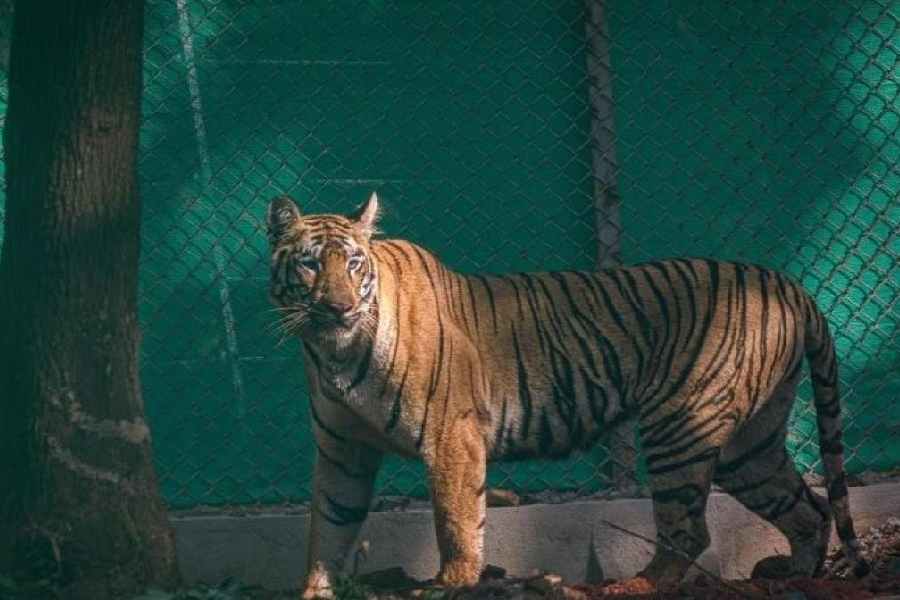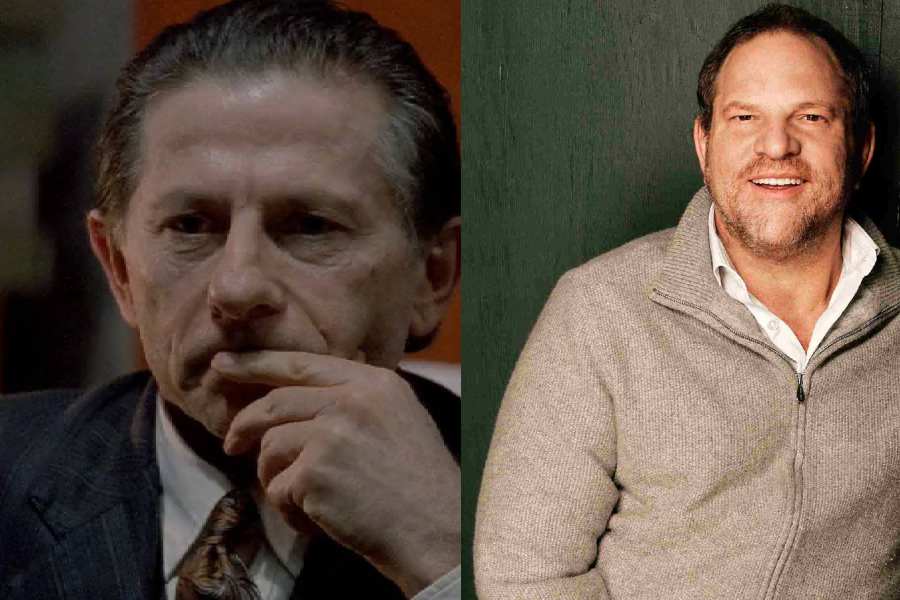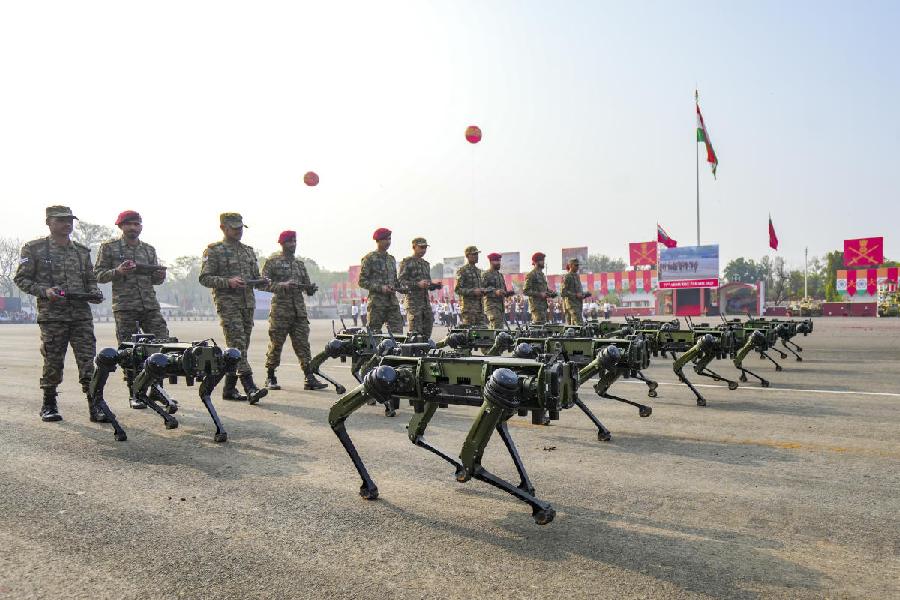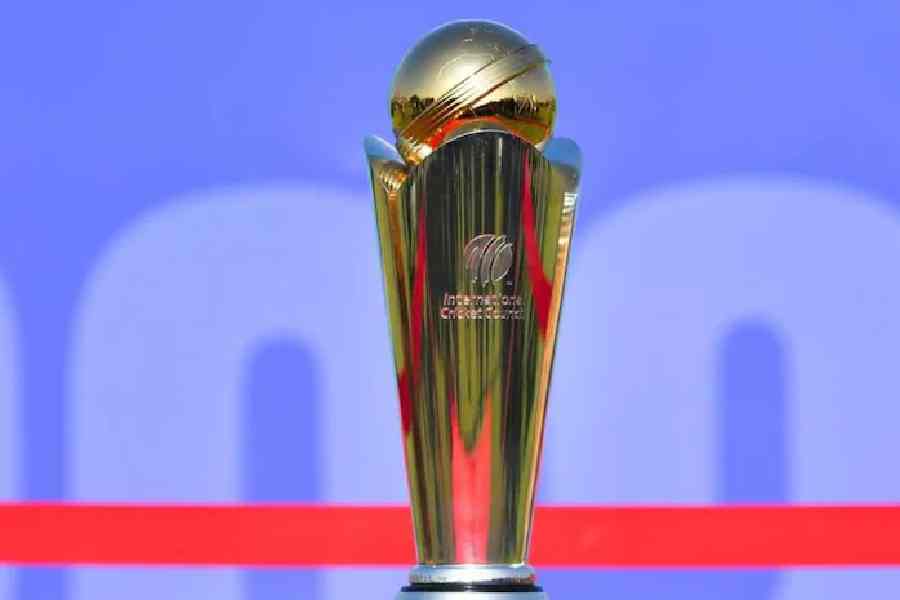The BJP’s central leadership on Wednesday came out all guns blazing to claim victory in the maiden District Development Council elections after winning 74 seats, the highest by any individual party, but the results mask its multiple setbacks including its broader goal of installing a Hindu chief minister in the fledgling Union Territory.
The seven-party People’s Alliance for Gupkar Declaration, which is fighting for the restoration of Article 370 provisions, won 110 of the 278 seats and is likely to take control of 14 of the 20 district councils, with Congress support at some places. The BJP has got only six.
Within the alliance, the National Conference has bagged 67 seats and the People’s Democratic Party 26. The Congress, which is not part of the alliance, has won 26 seats. The results of two Valley seats are awaited.
Top central ministers including Amit Shah and Ravi Shankar Prasad claimed victory for the BJP emerging as the “single-largest party” in the elections.
Shah, in a series of tweets, said the mass participation in these elections reflected people’s faith in democracy.
“Congratulations to the people of J&K for such great turnout in DDC polls. I applaud the efforts of our security forces & local administration for successfully conducting these multi-phased elections. This will further boost the morale and trust of people of J&K in democracy,” the Union home minister tweeted.
“I heartily thank our sisters and brothers of J&K for voting BJP as the single largest party in the District Development Council elections. BJP under the leadership of PM @narendramodi ji will continue to work relentlessly towards the prosperity and development of the J&K region,” he added.
Prasad said the election was “a victory for Prime Minister Narendra Modi’s larger narrative for Jammu and Kashmir”. Seeking not to dwell much on the abrogation of Article 370 provisions, law minister Prasad said the results were the “victory of hope, victory of democracy, victory of the people of Jammu and Kashmir and the victory of the larger narrative about Jammu and Kashmir, which Narendra Modi ji has thought about the state”.
Told that the Gupkar Alliance has termed its victory as a mandate against the Centre’s move to end Jammu and Kashmir’s special status, Prasad said “Article 370 is history now” and sought to focus on the BJP emerging as the single-largest party.
The ministers this time chose not to refer to the Gupkar alliance as a “gang” and a group of “anti-nationals” and “looters”, which they have done repeatedly in the past, betraying how the alliance was already winning the war of narratives. But that is not even half the story.
The election was not an alliance-versus-BJP contest. The Gupkar Alliance was in fact fighting the state machinery and won victory against considerable odds. They faced a hostile administration, which set up all hurdles conceivable to stop them from campaigning freely. Alliance candidates were “locked up” in the name of their security and some of its leaders were named in alleged scams in the midst of the elections.
The BJP had fielded candidates in almost all 280 seats across Jammu and Kashmir and won 74. The NC, which won 67 seats, contested in only 100 seats.
Despite all the advantages, the BJP clocked its most abysmal results in years, more so in stronghold Jammu. The party had won both parliamentary seats in Jammu in the last two elections in 2014 and 2019.
Its tally rose to 25 — out of 37 seats — in the 2014 Assembly elections, or victory in around 70 per cent of the seats. The BJP could still not realise its goal of installing a Hindu chief minister from Jammu. But for the first time ever, it became a partner in government by forging an alliance with the PDP.
The BJP’s game plan since had been to win all Hindu-majority seats in Jammu and take advantage of the split of the Muslim votes between the NC, Congress and the PDP in the region. It hoped to get allies in the Kashmir Valley — which has 46 of the 83 seats in the Assembly — by trying to engineer divisions in other parties.
It could succeed only in splitting the PDP, with nearly a half of its former legislators joining hands to form the Apni Party. Some leaders from other parties have also joined them.
Despite all advantages, the BJP could win only half — 71 of the 140 seats in Jammu. In Kashmir, it won just three of the 140 seats. The Apni Party could win only 12 seats. The CPM, which is part of the Gupkar Alliance, performed better than the BJP in Valley by winning five seats.
A better performance could have set the stage for the BJP to get a Hindu chief minister for Jammu and Kashmir.
In the 2018 local body elections, with major players like the NC and the PDP boycotting, the BJP had won 11 of the 38 municipal committees across Kashmir and many sarpanch and panch seats. If the alliance could not perform better, it was largely because of the Congress and infighting within the alliance’s camp.
Additional reporting by our special correspondent in New Delhi

